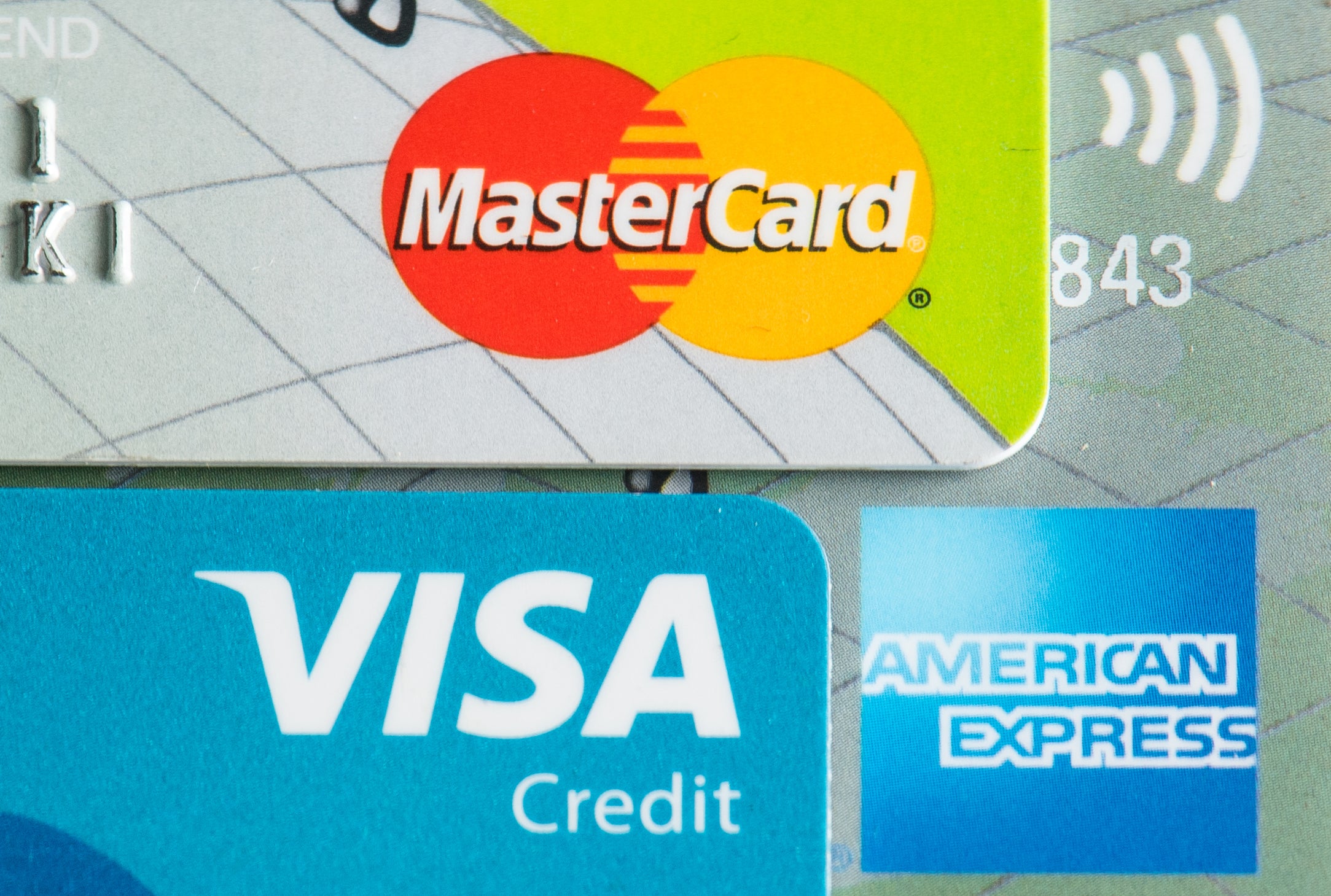Borrowers turn to high-cost debt as providers pull the plug on credit cards
Consumers are being pushed towards unaffordable borrowing as cost of living crisis worsens

Wages are shrinking, bills are rocketing, and cheap ways to borrow money are disappearing.
Consumers trying to find cheaper ways to manage their financial affairs, from reorganising debts to plugging emergency gaps, are rapidly being shut out of traditional routes such as interest-free credit cards.
The number of credit cards with a zero per cent interest period for balance transfers and new purchases has fallen significantly in the last five years.
There are currently 36 per cent fewer cards offering zero per cent balance transfer, with 72 cards on the market today, compared with 114 five years ago.
For zero per cent purchase cards, which allow users a limited period to buy new items without paying any interest, there has been a 25 per cent fall over the same period. There are now 80 of these cards to choose from, compared with 107 five years ago, according to data from Defaqto.
This comes at a time when inflation is soaring, pushing up the cost of everything we buy – it rose to 5.5 per cent in the 12 months to January – and many bills, including energy, are seeing exceptional rises.
April is set to see further increases, most notably in national insurance and council tax, and while the war in Ukraine has been blamed for some increases, the majority were already set in stone long before the conflict began.
Worryingly, if credit card providers are tightening the number of zero per cent offers available, this could see people moving towards other credit options.
One in 12 are now relying on ‘buy now pay later’ (BNPL) credit to cover basic costs including food and toiletries, according to Citizens Advice.
Those receiving universal credit, who temporarily benefited from a minor uplift of £20 per week during the pandemic, are twice as likely to have used BNPL for essentials.
BNPL is currently unregulated, which means providers are not required to carry out any affordability checks on those taking out this type of credit.
The trend in the credit card market, as seen by Defaqto, suggests that zero per cent offers are dwindling.
However, the picture isn’t completely clear. While Defaqto’s figures show a longer-term decline, data from Moneyfacts shows that the number of new zero per cent balance transfer and purchase cards has risen slightly in the last year, from 59 to 69 and 56 to 62 respectively.
These cards are often seen as a way to help people to lower their debts. With balance transfer cards especially, people can benefit from a period of not paying any interest on credit card debt. This frees up more money to spend on directly clearing the debt.
The Defaqto data shows that there is also less choice for new customers. With zero per cent purchase cards, the longest term is now 24 months (with just two cards offering this), compared with an average of 31 months five years ago.
For balance transfer cards, in January 2022 the longest period of zero per cent was 35 months, and this is now 33 months with an MBNA balance transfer card.
Users pay a fee when they transfer a balance to a zero per cent card. In January it had fallen to an average of 1.93 per cent, but it has now risen to 2.06 per cent.
On a credit card debt of £2,000, this is the difference between £38 and £41. While this may not seem like much, the fact that these costs are rising is a worry.
Laura Suter, head of personal finance at AJ Bell, comments: “The amount we owe as a nation on credit cards has been steadily climbing since February last year.
“The rise in living costs, coupled with the squeeze on some people’s income and savings, means that many have had to resort to borrowing again just to pay the bills. Now the nation owes £58.4bn on credit cards, which is still significantly lower than the £72bn of debt we were carrying into the pandemic.
“However, it’s going to keep rising as we head into April and beyond, when energy bills climb again, taxes increase, and inflation continues its march upwards. If people who are borrowing don’t have as much access to long zero per cent deals for their credit card debt, we’ll see more people build up larger levels of debt that they may struggle to pay off.”
For those struggling with living costs, taking on more debt is never recommended. However, if there is no way to pay for everyday items or household bills, it’s likely increasing numbers will turn to credit.
The interest rate is key with any kind of debt, and trying to borrow at the lowest possible cost. Taking on expensive credit pushes up all costs, as you’ll be paying high rates of interest on anything you borrow. Missing payments can also lead to penalties and black marks on your credit score, which can stop you from borrowing in the future.
Charities including StepChange can provide free and independent advice to those in need.
Subscribe to Independent Premium to bookmark this article
Want to bookmark your favourite articles and stories to read or reference later? Start your Independent Premium subscription today.

Join our commenting forum
Join thought-provoking conversations, follow other Independent readers and see their replies